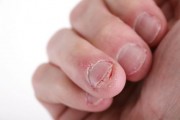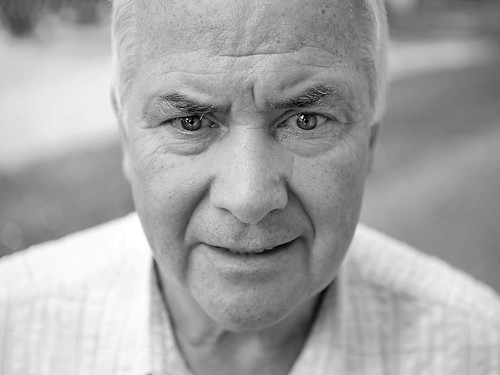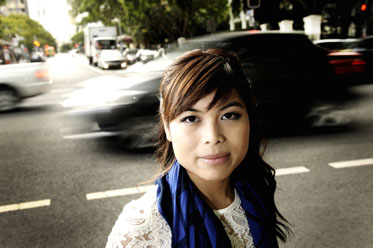
© iStockphoto
Is health anxiety on the increase? This mornings Guardian looks at the condition where patients seek constant reassurance from their GPs that there’s nothing wrong with them
Health anxiety is characterized by the excessive seeking of reassurance, from doctors or from family members. “What we always tell people on our helpline is that reassurance doesn’t work,” says O’Neill. “I have seen people who have convinced themselves they have a brain tumour – they go to their GP, they go for scans. When they are reassured they don’t have a tumor, they still think what if they missed it? What if it was too small to see? What if this is one of those NHS mistakes? Because the media highlights it so much when things do go wrong, it feeds the feeling in people with health anxiety that ‘I could be the one that it goes wrong for’. People ring up and ask, ‘Do you think I’ve got cancer?’ I can’t offer that reassurance because how would I know? But we do know that reassurance only works in the short term. It isn’t long before those fears return.” link to continue reading
Source: Guardian

Researchers from the University of Granada have analyzed in what measure being of an anxious disposition and being anxious at a given moment affects attention. This study may help develop specific therapies allowing patients with anxiety disorders to control themselves. This article is being published in the next issue of the prestigious journal Psychological Science.
A research conducted at the University of Granada has identified the different effects of being of a nervous disposition and being anxious at a given moment on what happens around us. Being of a nervous disposition and being anxious at a given moment affects our attention to what happens.
[continue reading…]
Driving while stressed can be as distracting and dangerous as talking on your mobile phone, according to a study by Queensland University of Technology (QUT).

Ides Wong
Ides Wong, from QUT’s Centre for Accident Research & Road Safety – Queensland (CARRS-Q), studied 75 drivers aged 17 to 47 to investigate the negative impact anxiety had on driver performance.
“Being anxious makes drivers unable to fully focus their attention on the road, particularly in urban areas, where there are plenty of distractions and when time pressured,” said Ms Wong, whose research was awarded the top RACQ Road Safety Prize. [continue reading…]
This study formulates the hypothesis that rufinamide, a drug so far used against epilepsy, may also be effective in bipolar disorder, depressive and anxiety disorders, panic disorder and obsessive-compulsive disorder, eating disorders, and substance use disorders. It is just an hypothesis based on two cases that needs to be confirmed by specific studies. [continue reading…]



